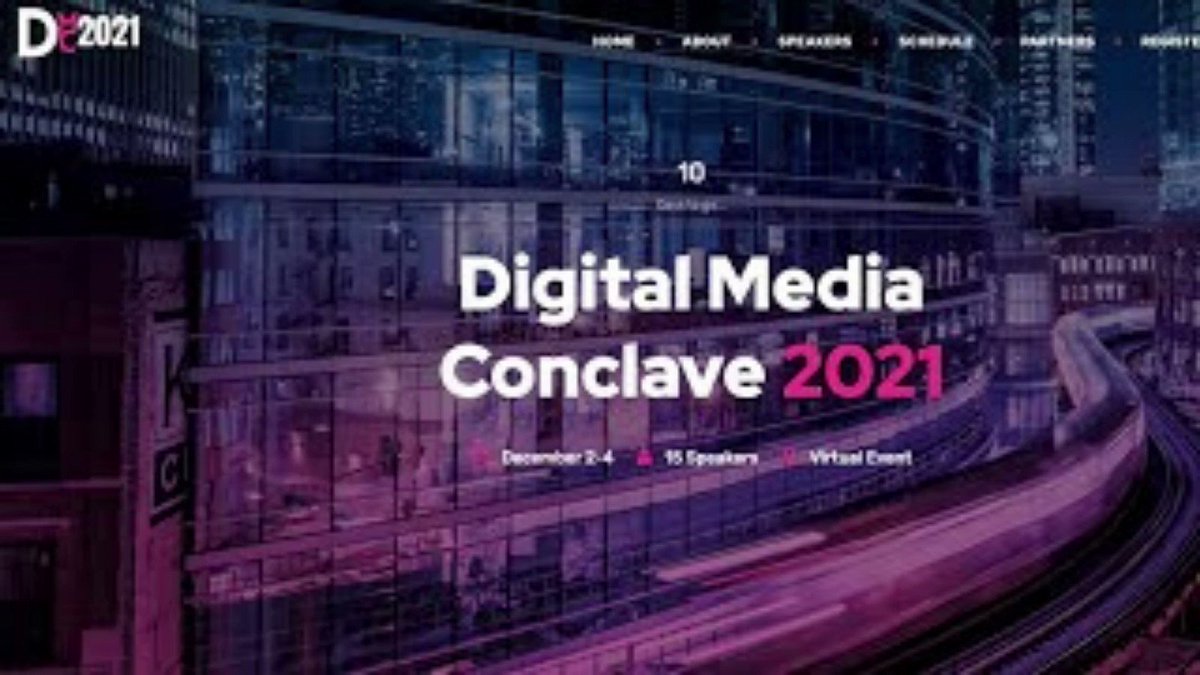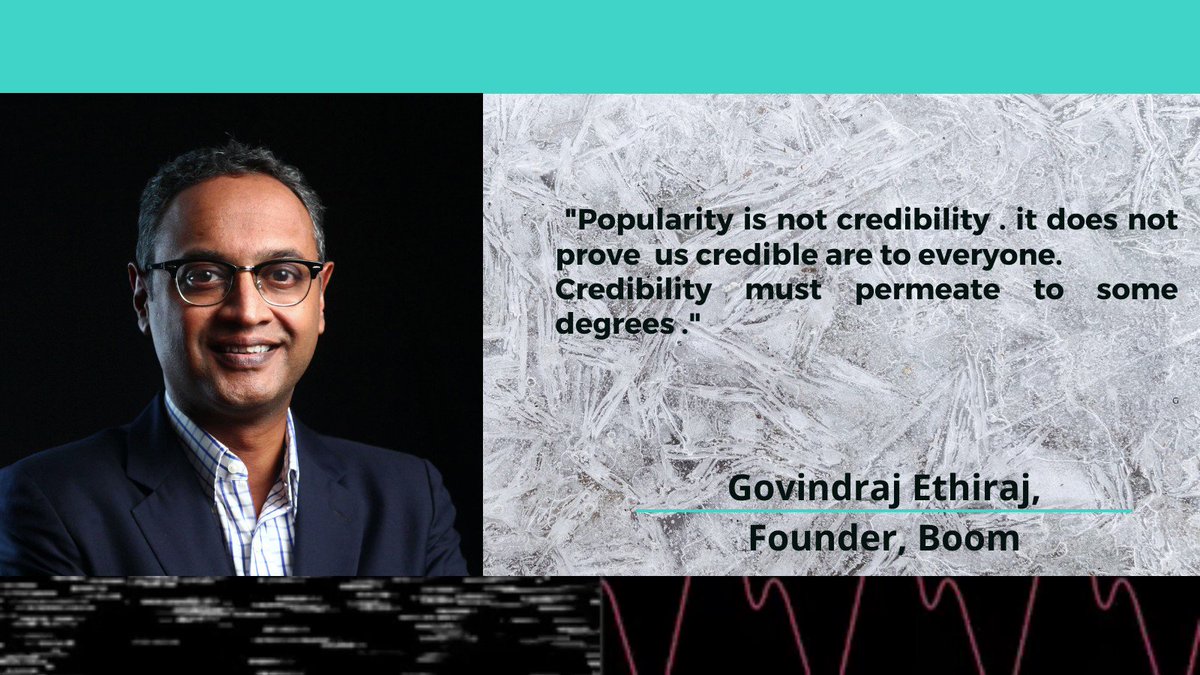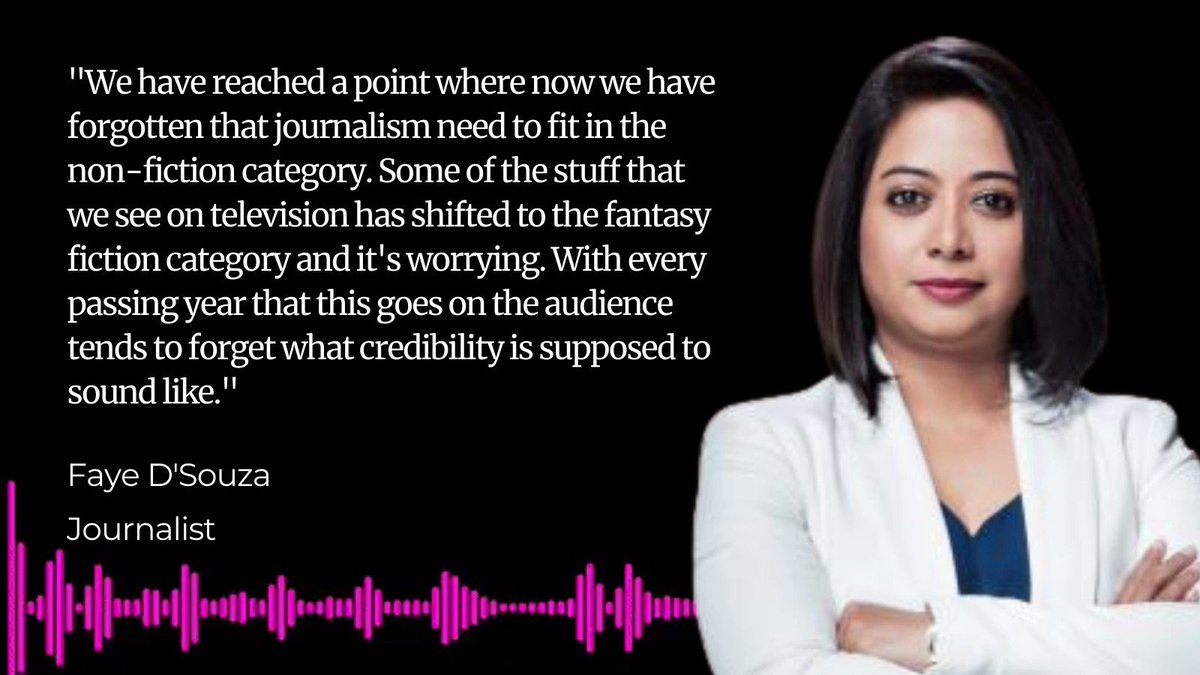Rashi Mishra
4:32
4:37
4:57
4:58
4:59
5:00
5:01
5:03
5:06
5:10
5:10
5:12
5:13
5:15
5:17
5:22
5:23
5:27
5:28
5:29
5:33
5:35
5:36
5:37
Connecting…









